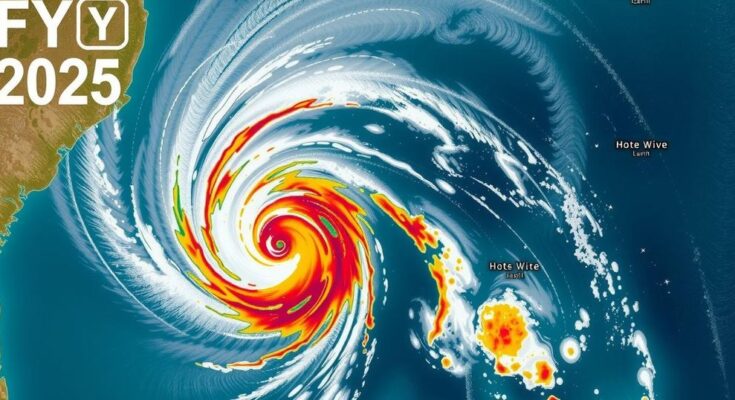Mozambique faces a dire humanitarian crisis, with 3.3 million people projected to experience acute food insecurity by February 2025 due to ongoing conflicts and the recent impact of Tropical Cyclone Chido, which left 329,500 needing assistance. 717,000 individuals are internally displaced, highlighting the urgent need for humanitarian support in the country.
According to the most recent findings, Mozambique is currently facing a complex emergency characterized by acute food insecurity, internal displacement, and the aftermath of Tropical Cyclone Chido, which recently struck the northern region of the country. An estimated 3.3 million individuals are projected to experience acute food shortages between November and February, as reported by IPC in August 2024, exacerbating humanitarian needs. In addition, 2.3 million people are identified as requiring humanitarian assistance, and there are approximately 717,000 internally displaced persons (IDPs). The situation remains critical, particularly in Cabo Delgado Province, where increasing violence and conflict have only intensified the humanitarian crisis.
Mozambique has been grappling with multiple compounding crises, including extreme weather events, such as Tropical Cyclone Chido, which made landfall in December 2024, claiming at least 73 lives and displacing many others. The cyclone affected around 329,500 individuals in need of immediate assistance, according to government reports. Furthermore, violence stemming from non-state armed groups has escalated, leading to heightened protection concerns and limited access for humanitarian organizations. As households struggle with below-average harvests, the compounded crises are expected to lead to significant food insecurity during the lean season.
In summary, Mozambique remains in a precarious humanitarian situation due to the confluence of natural disasters, violence, and significant food insecurity. With millions facing acute shortages and the number of IDPs continuing to rise, immediate and concerted efforts are required to address these challenges effectively. The international community and local authorities must collaborate to provide robust humanitarian assistance to alleviate the suffering of affected populations.
Original Source: reliefweb.int




